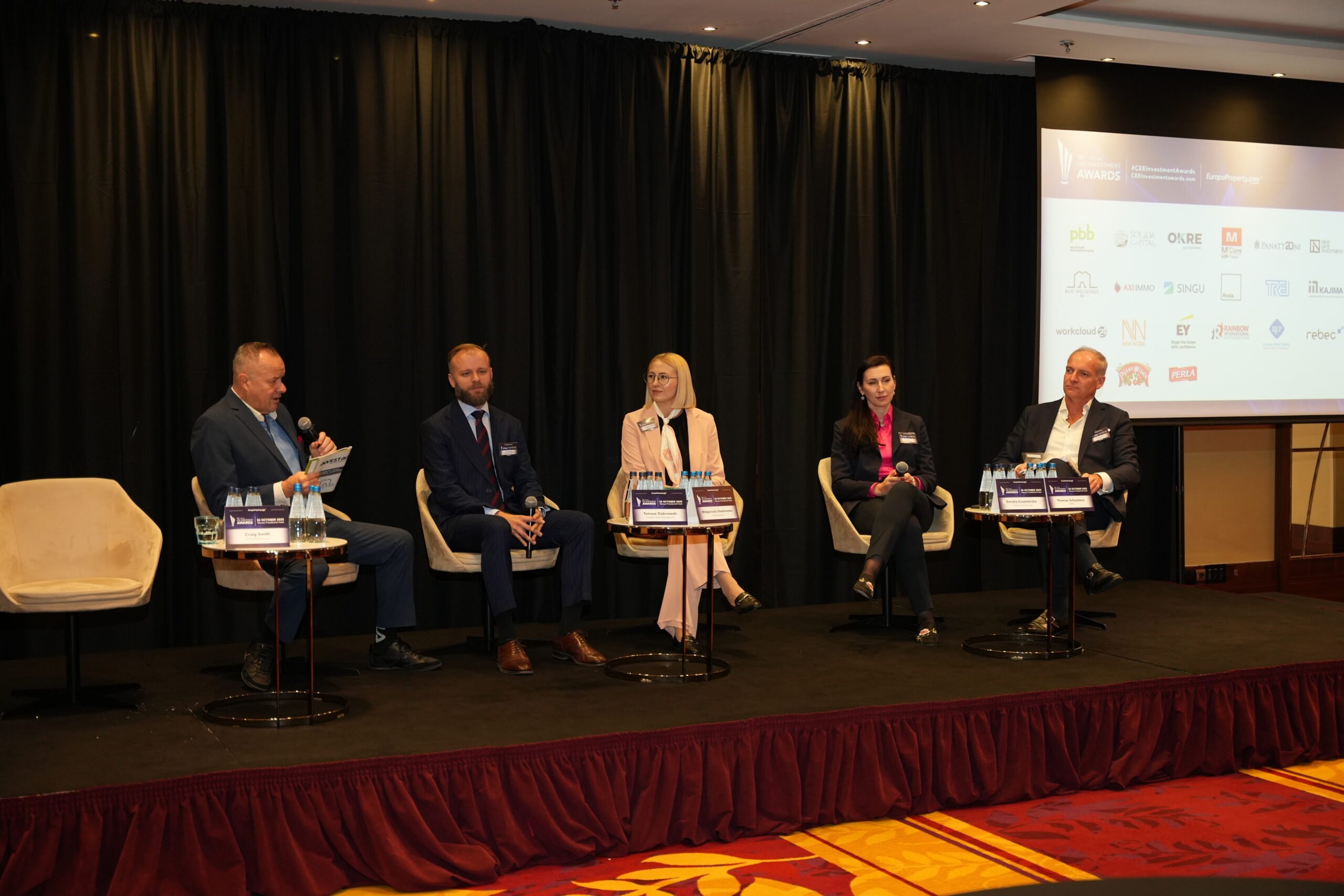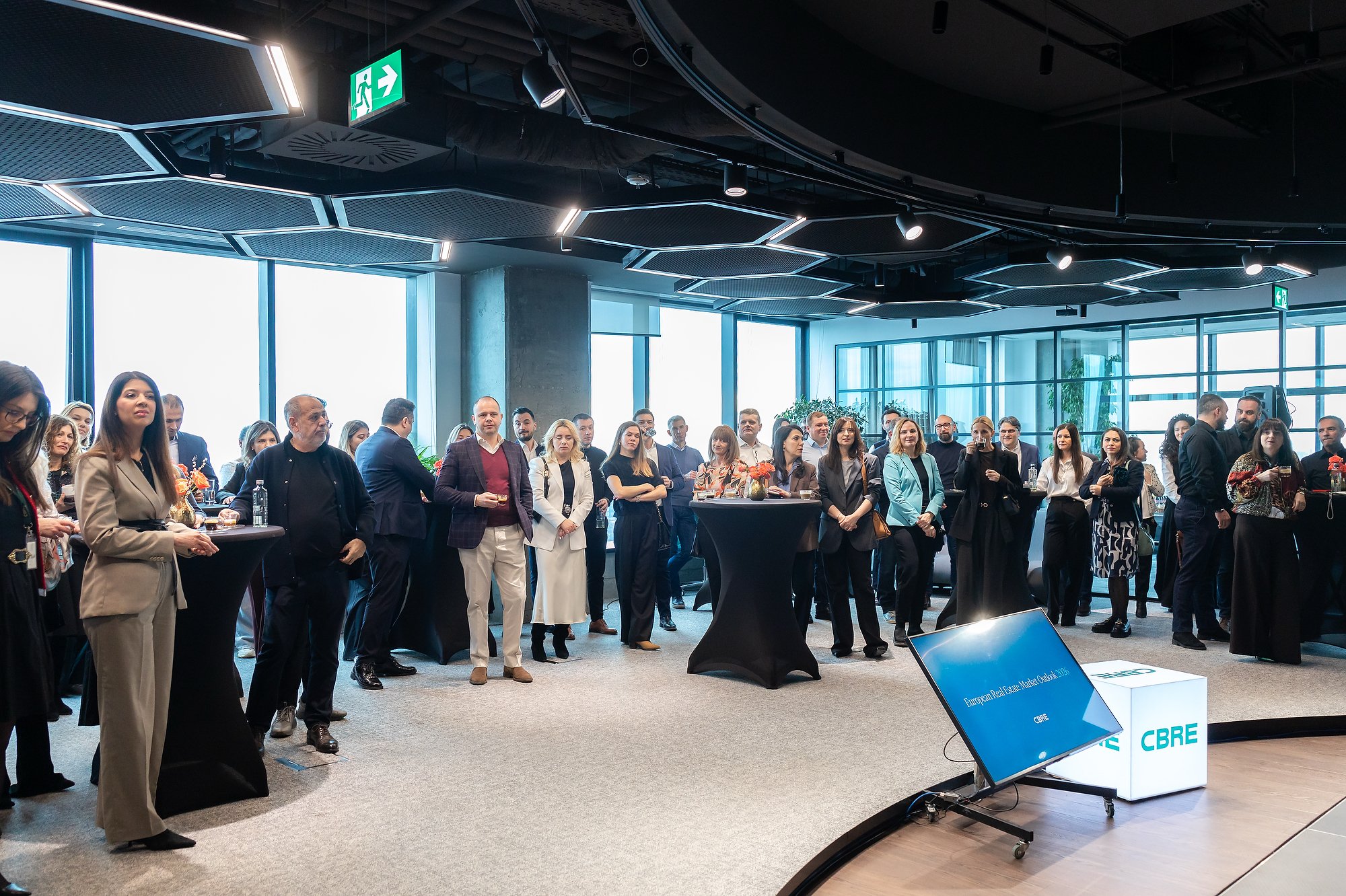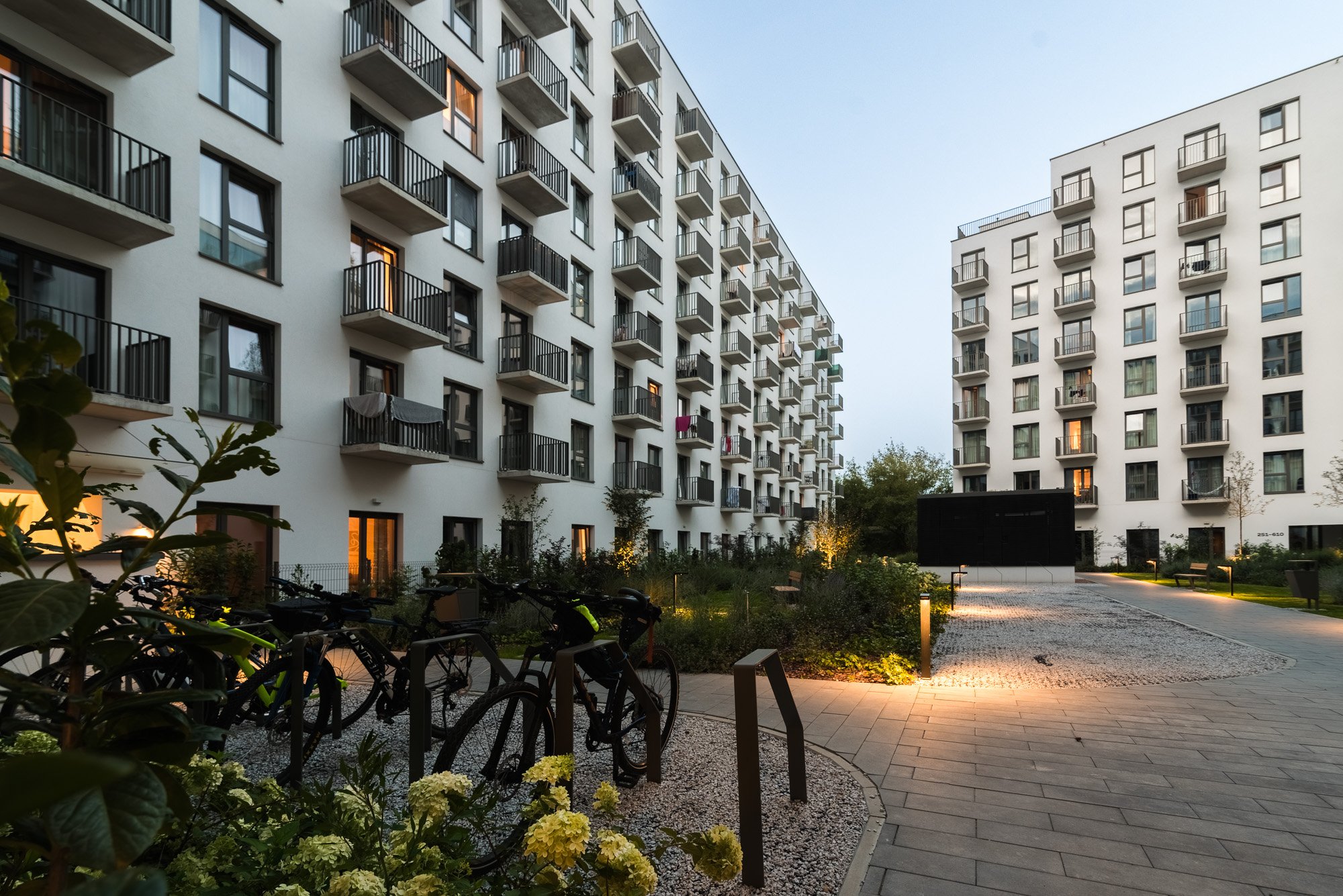How can Poland effectively attract global investments, and are they essential for the continued growth of the property market? These were some of the key questions explored during the EuropaProperty 15th CEE Investment Forum in Warsaw, where experts examined the future of both international and domestic capital in shaping the country’s real estate sector.
Strong Momentum Across CEE
CEE investment volumes have rebounded impressively in 2025 — up over 50 percent in the first half of the year compared to 2024. The region continues to outperform much of Europe, supported by healthy GDP and rental growth, alongside easing inflation and interest rates.
According to Dieter V. Knittel, Managing Director and Head of CEE at Deutsche Pfandbriefbank, “The region benefits from a relatively stable eurozone and supportive monetary policy. While global risks persist, confidence and activity are clearly returning.”
Local investors are now responsible for over half of total investment volume, providing stability and signalling a maturing market. Meanwhile, international interest is rising again, particularly in logistics, office, retail, and hotels, with ESG compliance now a standard consideration.
“ESG concerns are no longer separate; they are integrated into how risk is understood. And with financial regulators (including the ECB) signalling concern over weak real estate assets, this integration is becoming non-negotiable,” commented Hubert Abt, CEO & Founder, Workcloud24.
The PBSA Opportunity
One of the Forum’s most engaging discussions focused on Purpose-Built Student Accommodation (PBSA) – a sector still in its early stages in Poland but showing tremendous potential.
As Renata Kuśnierska of Solida Capital Europe noted, demand for private student housing “still far exceeds supply.” Success in this segment requires strong operational expertise in management, community-building, and service quality.
“Student housing is more than real estate,” Kuśnierska added. “It’s about creating places that support growth and the transition into adulthood.”
The PBSA and broader rental housing markets are increasingly seen as resilient, stable asset classes, drawing growing interest from institutional investors seeking both returns and social impact.
The Polish capital is among the cities with the greatest shortage of student accommodation in Europe, which indicates the enormous potential for growth in the PBSA market. Converting office buildings is one way to fill this gap.
Balancing Policy and Boldness
Speakers agreed, attracting long-term investment – both foreign and domestic – will require transparent regulation, stable policy, and incentives for sustainable development. Equally important will be mobilising Polish private capital to drive growth from within.
As the Forum panellists made clear, Poland’s property market is still only at the beginning of its next growth cycle. The fundamentals are strong, investor appetite is returning, and with the right mix of precision, boldness, and collaboration, the market’s best years may still be ahead.
Malgorzata Dankowska from Koda Advisory added that Koda was created to meet the strategic tax and accounting advisory needs of the commercial real estate market. As a boutique firm, it provides hands-on business and accounting guidance, helping clients navigate complex tax and financial issues with clarity. “I’m optimistic,” she noted. “Transaction appetite has returned and continues to evolve. Poland’s attractiveness is growing, and the recent interest rate cuts have certainly supported this trend.”







